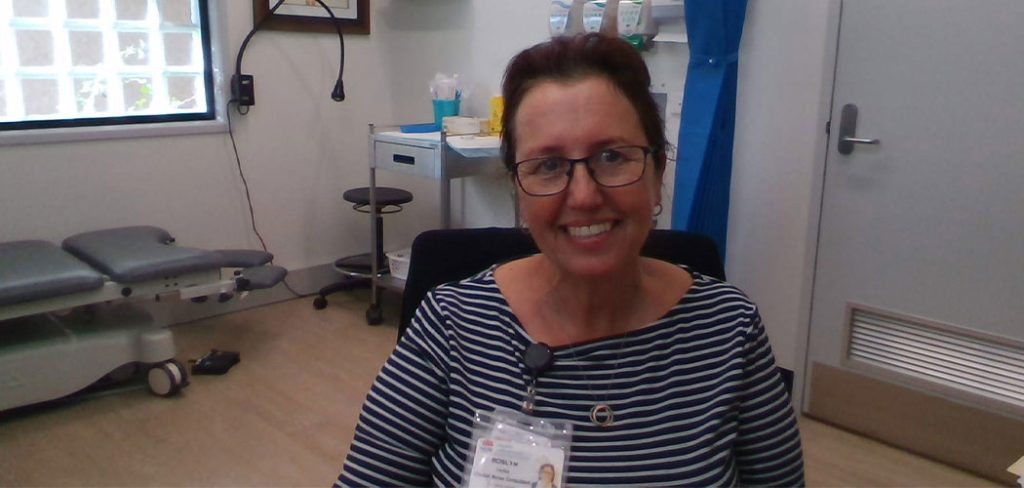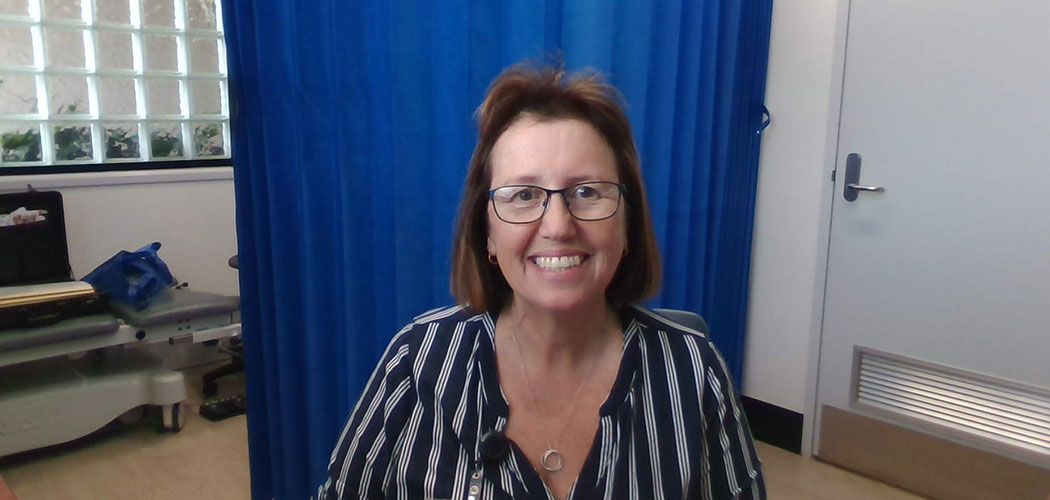For predominantly female professions, recent gains under Federal Labor for women’s health means more affordable reproductive health for nurses and midwives, with further commitments made by the Albanese Government if re-elected.
For 55-year old registered nurse Allison, menopause was instrumental in her resignation from the profession. Experiencing intense itching, severe mind fog, fatigue, insomnia, anxiety, irrational behaviour including from rage and anger to frustration, tearfulness and self-loathing, Allison feared she could no longer safely practice nursing.
After commencing menopausal hormone therapy (MHT) treatment last year, Allison discovered the medication was no longer available on the PBS. Four other alternatives, also not listed on the PBS, ranged in cost from $46.95 to $58.99 per month. She spent over $600 over five months on GP out of pocket consultation fees, medications and a bone density scan.
“I was shocked and disheartened at the lack of financial support given to menopausal women, not only for the management of menopausal symptoms, but to address the sequalae of menopause such as dementia, osteoporosis and cardiac disease.
“Had menopause not been a secret, behavioural changes in my mid to late 40s would have been red flags. This would have enabled me to instigate care much earlier and may have prevented me from developing osteopenia.”
Tasmanian RN Angela, aged 48, has experienced menopausal symptoms for the past four years. A nurse with 16 years’ experience, she felt she was failing in her nursing career due to inability to keep on task or schedule. “Turning up alert and competent with every shift was exhausting and I now understand my hormones were a major contributor. I would doubt my abilities, over-analyse simple processes and become teary.”
Angela scored high for intense irritability, sleep disturbance, nighttime clamminess and nightmares on a menopause questionnaire given to her by her women’s health GP. Four years from the onset of symptoms, she started on estrogen patches to ease symptoms with good effect.
“The inconsistency in treatment accessibility and options have been tough. For the majority of women my age, we have little money at the end of the pay fortnight to pay for any out-of-pocket services.”
Allison and Angela’s stories were replicated amongst hundreds of women who gave evidence and provided submissions to the Senate Enquiry into Menopause and Perimenopause.
Women’s Health Package
In response and following widespread consultation with women around the country, the federal government announced a $573 million women’s health package to deliver more choice, lower costs and better healthcare for women.
The package includes more support for women experiencing menopause, including the first PBS listing for new menopause hormone therapies in over 20 years, a new Medicare rebate for menopause, as well as expanded Medicare support for women going through menopause health assessments.
“It is a start towards improving access and affordability to reproductive healthcare for Australian women,” said Australian Womens Health Nurse Association Inc (AWHNA) President Roslyn Hollis.
“The three menopausal hormone therapies now listed on PBS will substantially reduce costs for the women already taking these therapies and open the door for those who have previously been unable to afford them.
“New contraceptive pills added to PBS, the first in over 30 years, means women and girls who have been previously restricted by cost, are able to access more appropriate targeted pills that are also used to treat other gynaecological conditions, not just contraception. It provides affordability to a progesterone only pill (equivalent to the COCP) for women who are unable to take contraceptives with oestrogens and were previously paying hundreds of dollars for the privilege or were going without.
“Our members mostly work in rural and remote settings, often being the first contact for women’s health related issues. We are more than aware of the burden that reproductive health can have on the lives of women.”

AWHNA welcomes the new Medicare rebates for menopause health assessments, along with development of a national clinical guideline for the management of menopause and perimenopause but cautions that particularly in rural and remote areas, GP shortages and limited access to local pharmacy along with the ongoing supply shortage of MHT continues to have an impact on women’s access to effectively treat and manage menopausal symptoms.
The Association also wants to see the 11 new endometriosis and pelvic pain clinics across Australia, and expansion of the remit of all 33 clinics to provide support for menopause and perimenopause, are accessible to all women both demographically and financially including that they be bulk billed.
“Utilising Women’s Health Nurses and NPs to work to their full scope of practice, with appropriate renumeration and training opportunities will also help to remove barriers to universal access to reproductive health care in Australia ongoing,” said Ms Hollis.









2 Responses
Perimenopause also ended my 30 year nursing career almost 2 years ago.
It’s been an emotional rollercoaster, not only juggling the hormonal changes but the feeling that you’ve failed in your career for leaving because you had to but didn’t actually want to. When your brain doesn’t function how it was meant to and the anxiety is so overwhelming that you feel broken beyond repair. It makes me sad due to the loss of identity as it was all I ever wanted. Thanks for sharing this article. I take some comfort in not feeling alone.
My wife 50 years of age is also experiencing early stage of hormonal challenge related to her approaching post menopausal syndrome. She is a good nurse who works in medical ward for 25 years now, I wanted her to retire early because she has getting worse recently saw GP and in the process on working on her symptoms however we don’t know what support we can get in case she would be advised to consider leaving the workforce so dear to her.